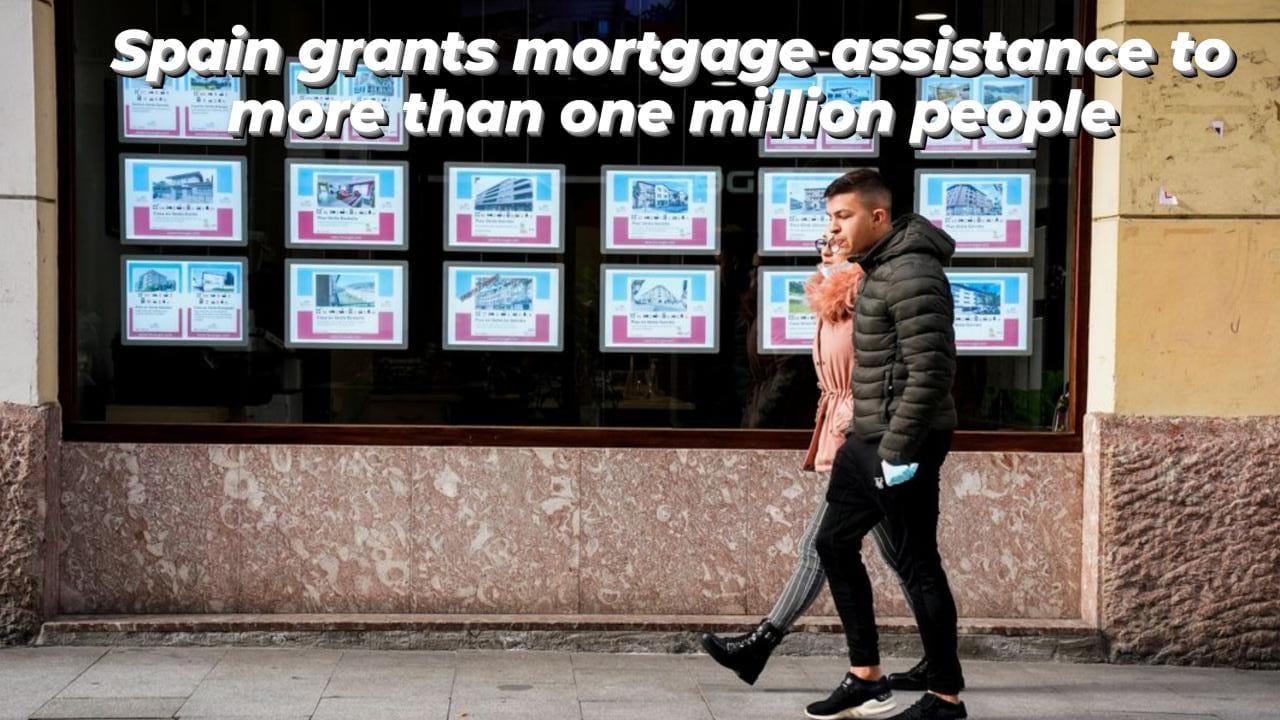
A day after the government and banks struck an in principle agreement, Spain’s cabinet on Tuesday approved mortgage relief support for more than one million disadvantaged households as well as assistance for middle-class families.
Economy Minister Nadia Calvino stated that the regulations are subject to final agreements with banking associations and that banks have one month to sign up prior to their anticipated implementation next year.
While other major banks indicated they were still reviewing the small print, Santander (SAN.MC), Spain’s largest lender, cautioned that the measures could result in larger bank provisions and additional hurdles to borrowing for clients.
The ministry withheld information on the possible cost to lenders, and it is unknown how much more money banks may need to set aside in additional precautions.
Jose Antonio Alvarez, CEO of Santander, said in a press conference on Tuesday that increased capital consumption and difficulty obtaining credit for some customers could result from loan extensions.
The CEO of Caixabank (CABK.MC), Gonzalo Gortazar, and Alejandra Kindelan, the head of Spain’s AEB banking association, both stated that their organisations were still assessing the measures.
As of August, non-performing loans at Spanish lenders were at almost record lows of 3.9%, a significant decline from the all-time peak of 13.6% in December 2013.
In Spain, almost 75 percent of people own a property, with the majority choosing adjustable-rate mortgages that are susceptible to increases in interest rates.
The proposed actions are a part of a larger support package aimed at reducing cost-of-living pressures, which also includes windfall tax suggestions and a fuel cost refund. Different types of mortgage support have been accepted by several nations, including Greece, Portugal, Poland, and Hungary.
Through an updated industry-wide code of good behaviour, Spain’s banks will provide mortgage assistance to needy households making less than 25,200 euros ($25,815) annually.
During a five-year grace period, they will be allowed to restructure their mortgages with a lower interest rate.
This will permit borrowers to postpone loan principle payments without incurring late fees, avoiding defaults, and preventing loan termination.
According to the ministry, the debt cancellation time has been extended by two years and now allows for a second restructure, if required.
A two-year grace period is available to vulnerable families who pay more than half of their monthly income toward their mortgage but do not satisfy the requirement of a 50% increase in their mortgage payments as stated in the preceding law.
Additionally protected are middle-class families making less than 29,400 euros per year who run the risk of going into default.
If a mortgage burden represents more than 30% of household income and the cost has increased by at least 20%, lenders are required to offer 12-month repayment freezes, a lower interest rate on the deferred principal, and loan extensions in those situations.
Families will save money by switching from variable to fixed rate mortgage contracts thanks to measures.

Post Your Comments